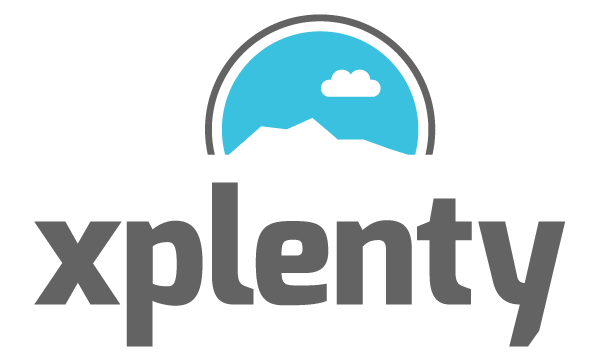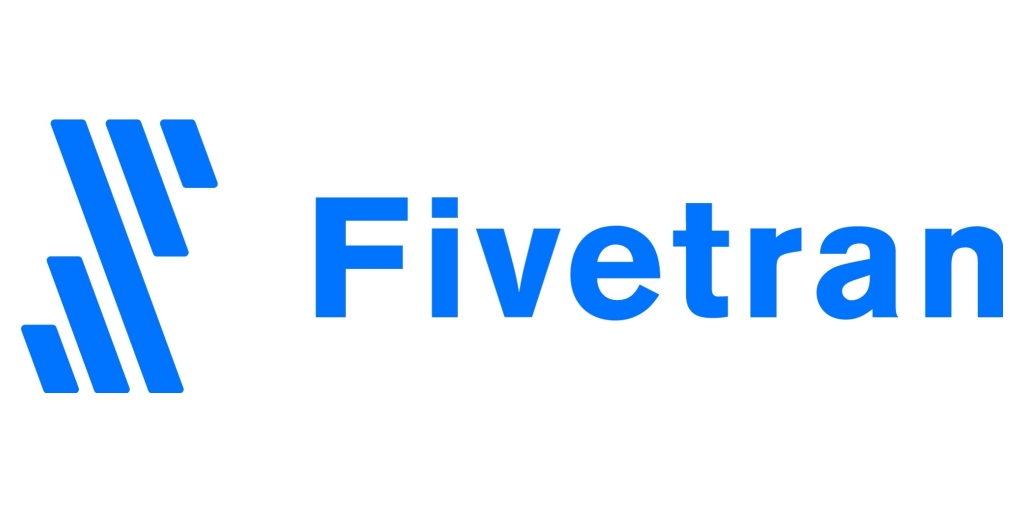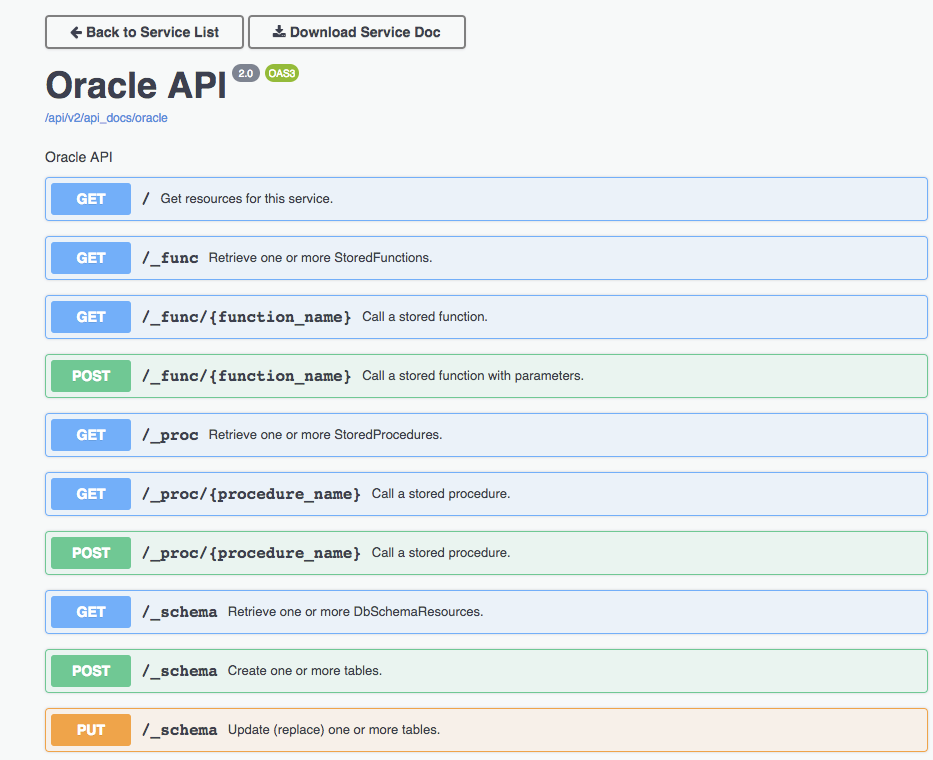Stitch Data Overview and Review
Enterprise data warehousing pros have tried to break down data silos for years. It’s common knowledge that all departments benefit from company data but they can’t do it if it’s not shared. When everything opens up, there comes the flood of open data streams emptying into beautiful data lakes.
Is this really better than silos? It’s so messy. You bet it’s better because a smart ETL solution like Stitch Data helps IT pros make sense of what’s floating around the enterprise. They’re no longer up you-know-what without a paddle. It’s ETL to the rescue.

Things to think about before choosing an ETL product
For today’s enterprises, it’s all about business intelligence (BI) and analytics. Utilizing these technologies to fuel sales, marketing, operations—well, everything. Even your grandma can understand that a big dump of data into a central repository doesn’t do anybody any good.
That’s why it’s critical to get the best ETL (Extract, Transport and Load) solution for your business.
IT pros will want an ETL solution that writes the code for prepping and loading all that data from:
- Database systems,
- Enterprise applications,
- And connected devices in their data warehouse.
The data warehouse is home base for BI and analytics so it has to be in great shape in order to help businesses thrive.
Before making an ETL purchase decision, users should consider the sources of their data. How much historical data do they have? Are they prone to duplicate data? How many user accounts do they have to accommodate?
Users will also need to think about data destinations. Are there data lakes, data warehouses and platforms to consider? What about source systems like SAP, ERP and other operational systems? They will also need to think about compliance and security issues. And of course there are reporting and analytics steps to incorporate at the end of the whole ETL process.
Getting access to high quality data is the critical beginning step to viable analytics. A smart ETL solution will make sure that data is in an appropriate format and that it arrives where it’s supposed to go to do the most good for the business.
About Stitch Data
Stitch is a powerful, yet simple ETL service just built for developers. Stitch connects to all data sources such as databases like MySQL and MongoDB. It also links to SaaS tools like Zendesk and Salesforce and replicates all relevant data to a data warehouse. Stitch can rapidly move data to analysts and other team members in a matter of minutes instead of weeks.

Yep, just minutes. Stitch sets up in only minutes too and provides unlimited data volume during a trial period. Here’s a goodie—with Stitch, users get 5 million rows of data free—forever. Not bad, that forever part.
In November 2018, Talend, acquired Stitch, a 2017 spinoff of analytics firm RJMetrics. For reference, Talend was a cloud data integration company. Stitch’s service will emerge as Stitch Data Loader. And will integrate with the Talend enterprise.
Stitch Data Pros and Cons
Pros:
- Detail offers better insight into data analytics
- Stores all user data in user’s data warehouse within minutes
- No API maintenance, scripting, cron jobs or JSON
- Quick connections between first-party data sources. Such as MySQL, Mongo DB, Salesforce and Zendesk
Cons:
- Fewer available options for data extraction, warehousing and loading
- No support of SQL Server and Azure
- Built for light/medium duty
- User interface takes time to adapt to
Features and Benefits
Transparency and Control
Stitch’s orchestration features deliver visibility to a data pipeline. This transparency into data movement gives users more control. Providing them with visibility into scheduling, error handling, logging and monitoring. Stitch puts users in control when it comes to specifying the need for data replication.
It also detects and reports errors. As well as automatically fixes those it can. In addition, it creates notifications for further help. Extraction logs and loading reports quickly identify any unexpected activity. This way users are able to address them.
Ecosystem Extensibility
Stitch extends to allow users to connect with their entire ecosystem of data sources. This takes off any limits of data restriction based on inability to connect so that all data from all sources.
The Stitch Import API pushes data to Stitch from any data source. Stitch also extracts data from any available source via the Singer open source framework so that there are no limits to what users can access.
Performance and Scalability
Stitch puts user data where they need it, when they need it. Users can scale their data volumes in any direction. And without concern for hardware provisioning or workload management. Service Level Agreements (SLAs) guarantee uptime, data freshness and support response time.
Embedded ETL
The Stitch Toolkit equips developers to integrate multiple data sources into their apps. Meaning that there are no more maintenance hassles or development distractions. This is important when working with internal databases or third-party software apps. Users can also connect to data sources, create accounts an specify destinations with a JavaScript library or the Connect API. Stitch handles:
- Scheduling,
- API version management,
- Auto-scaling,
- Warehouse load optimization,
- And credential management to free up IT staffers while optimizing ETL.
Transformation and Quality
Stitch helps users deploy transformations by providing access to collaboration and scheduling features. Design and transformation is easy. Stitch provides more than 900 connectors and components. Including ones to map, sort, aggregate, join, and enrich.
Users can also scale more complex big data processing. This is through simple and automated big data integration in the cloud. IT teams can start working today with Spark Streaming, Apache Spark, NoSQL and Hadoop databases.
Data Quality
Companies rely on accurate data to make informed business decisions in every department. Stitch helps profile, cleanse and mask data currently and over time regardless of size or format.
Users can create data for:
- Reporting,
- Access,
- Operations,
- And analytics
with validation, de-duping and standardization.
Stitch also helps IT departments improve unstructured data quality through integrated parsing. They can also customize business terms to auto-discover data as well as protect sensitive data with masking. All this data stewardship creates trusted information and reliable results across the enterprise.
Security
Stitch uses HSTS to ensure browsers always encrypt communications. The web app also uses encrypted communication and has earned an A+ rating from Qualys SSL Labs. Multiple secure options make connections to all data destinations and sources.
Direct access to logs from data source integrations improves auditing and notifies users when errors occur. Stitch retains data only long enough to ensure it has moved appropriately to user destinations.
Amazon Web Services hosts Stitch’s servers for optimum physical and virtual computing environments such as SOC 1, 2 and 3 and ISO/IEC 27001. Stitch operates on an Amazon Virtual Private Cloud (VPC). With additional subnets based on security level with firewalls to restrict network access. Regular audits by outside security pros who also conduct specialized penetration tests.
Compliance
An independent auditor has certified that Stitch is compliant with:
- SOC 2 availability,
- Security,
- And confidentiality principles.
Stitch also works with:
- Security professionals,
- Legal advisors,
- And healthcare policy experts
to ensure HIPAA compliance for user data. They are in full compliance with the European
Union’s Global Data Protection Regulation (GDPR).
What do others say about Stitch?
Don’t take our word on Stitch. Read what others around the world are saying about how Stitch ETL has positively impacted their business.
On TrustRadius, one engineer user, mentions that it's "inflexibile, but fully-managed." They go on to say:
"Stitch's UI makes it easy to configure which tables [to replicate], and [how to do so]"
They then mention:
"Stitch is not good at replicated document stores like MondoDB to relational databases. To be fair, this is a difficult task. Stitch flattens the objects, but the result is unwieldy."
Ian F. states in a G2Crowd review, that it is "ETL done right with approachable pricing." He then states,
"Plenty of integrations on both technical side as well as SaaS produts, with lots of them in the Free tier."
Alternatives to Stitch Data
It’s always a good idea to do some checking around before committing to any solution purchase. Those interested in other options to Stitch Data have considered these alternatives:
Fivetran
Fivetran is a comprehensive ETL tool that provides smart collection of customer data from websites, apps and servers. It uses a data connector to extract data from cloud and database services and then loads it into a data warehouse. Users can get easy access to current row-level data. Fivetran also makes it easy for users to manage several integrations without writing or maintaining any code.
- Stores data from apps such as Salesforce, Zendesk, Mailchimp, GitHub and Adwords
- Analytics options include Redshift, Snowflake, PostgreSQL, Azure and Panoply
- Pricing available upon request
Those interested in Fivetran can check them out here.
Segment
Segment is an ETL and data collection solution which collects from websites, mobile apps and servers. Segment is great for extracting from cloud apps such as Salesforce, Stripe and Intercom. Segment is often used in conjunction with Stitch. This extracts data from Applications DB and Segment extracts from cloud apps.
- Doesn’t support Applications DB such as MongoDB, MySQL or PostgreSQL
- Great solution for fast-growing start-ups
- Customer Data Infrastructure (CDI) facilitates trustworthy data
Those interested in Segment can learn more here.
Xplenty
Xplenty is the leading data integration platform. They make it easy to install an ETL, ELT, or a replication solution. Companies in the retail, hospitality and advertising industry use them. And they have solutions for marketing, sales, support, and developers.

Their platform lets you integrate, process, and prepare data for analytics on the cloud. With Xplenty, businesses don't have to invest in hardware, software, or related personnel.
Those interested in Xplenty can learn more here.
Conclusion
Businesses today know better than to expect any slowdowns in deluges of data. It’s a love-hate thing really. They love the information but aren’t crazy about the prospect of managing it and then using it to their advantage.
Lots of companies use tracking and managing tools and then implement cloud apps to handle different aspects of the business. Data used in everything from marketing automation to CRM has to flow to glean the best insights.
This enormous amount of data can be a challenge at best—but what to do with it all? Data silos are the kiss of death for any enterprise. The most logical solution would be streaming that data into a data lake where it can be better organized, transformed and analyzed. Enter Extract Transform and Load. ETL.
ETL from Stitch Data is a simple, scalable ETL. Specifically designed for data teams to keep information organized. And moving to the appropriate destinations. The result is business users learning valuable insights instead of babysitting pipelines of data. And it doesn’t get any smarter than that.
About DataWarehouse4u.info
For more content about the latest technology and tools, check out Datawarehouse4u.info. We post reviews, advice, and tutorials on the technology you want to learn more about. Don’t miss out on the latest tech info!
About the author:
Deb Schmidt has been a copywriter for 20+ years. She has a heavy B2B background, with an emphasis on high tech.
Data Warehouse Info
Recently added reviews
Try Xplenty
The ELT Tool Built for the Cloud
The ELT Tool Built for the Cloud
Unlimited Connectors | Unlimited Pipelines | 14 Day Free Trial
no thanks



















